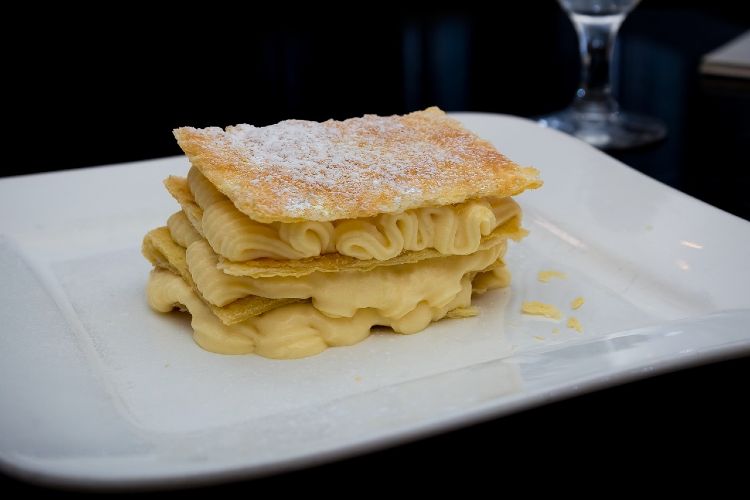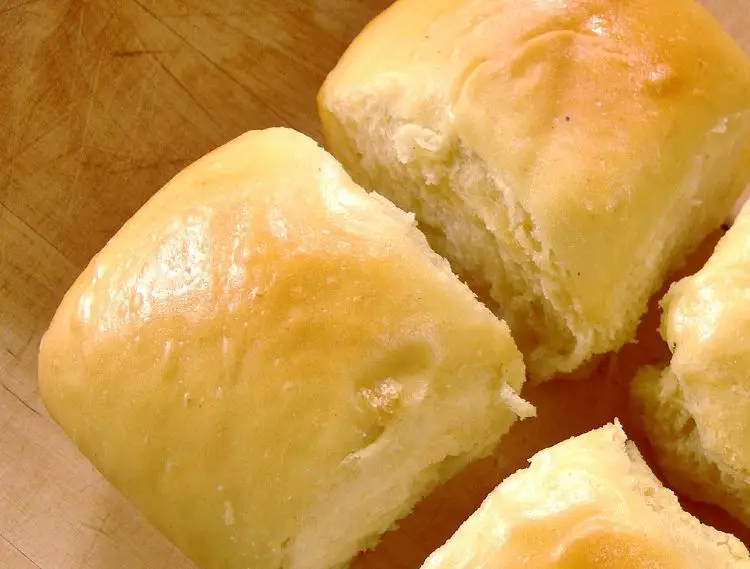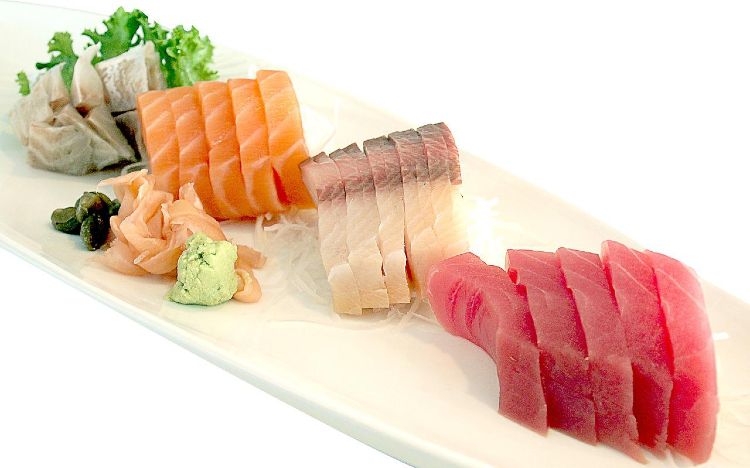The Abel and Cole Organic Story
The Abel and Cole organic fruit and veg box company is one of the great success stories of the organic movement. From very humble beginnings 23 years ago, an ex-law student called Keith Abel started what is now a business with a £35 million turnover, delivering lucky dip, seasonal, regional organic produce to over 40 000 households in the south of England. Most of the produce is picked, boxed and delivered within 48 hours, with bright yellow vans dispatching their serendipitious deliveries in recyclable cardboard and cooler boxes with cheery recipe leaflets, jokes, stories and free “thank-you” gifts hidden underneath the broccoli, milk, bread and fruit juice. They have become an indispensible shop on wheels for many rural dwellers.
Yet things were not always this rosy. The Foodie Bugle magazine is facing all the challenges of launching, and so we asked other like-minded foodies to tell us their story. How did they begin their venture? In Keith’s case, we wanted to know how, in these turbulent economic times, can consumers still justify buying organic produce, when all around us cheap food beckons the recessionary wallet. Here is what he told us.
My organic story – by Keith Abel
Abel & Cole began life in the basement of a house in South East London in 1988 when I rather rashly decided that life as a barrister was not for me (nothing to do with fact that my exam papers weren’t up to scratch). In those days it was Paul Cole and I, with our friend Jules and my Mum, flogging potatoes door to door.
Before long we were selling enough to start buying directly from farmers and one day a Devon farmer called Bernard Gauvier (whose son David still supplies us) offered me some “organic” potatoes. Intriguing: I thought all plants were organic. “Ask the farms you currently buy from what they spray on them” said Bernard with his West Country twang.
So on my next trip to a farm in Kent the doors were pulled back on an enormous shed full of hundreds of bags covered with skulls and crossbones, and “danger – highly flammable” warnings.
The next day we were knocking on doors selling people either organic potatoes or “conventional” ones and in doing so explaining to people what “organic” meant. No prizes for guessing which ones people wanted. Over the next ten years, we’ve grown as a business a fair bit and sell a fair bit more than just spuds, which really shows how far organic has come (organic pies weren’t as easy to find back in the 80s). I’ve tried to run the business in a fair and decent way, and I’m constantly amazed at how rare this is in the modern food industry, where a profit almost always takes precedence. Battery farmed chicken, anyone?
Me and the gang still work our organic cotton socks off, scouring the country to find all sorts of fabulous fruit and vegetables and beautifully made foods. We work with downright brilliant (but barmy) farmers who believe, like me, that good food doesn’t need lots of scary stuff added to it to taste delicious. What’s more, eating with the seasons is healthy, affordable and great fun. And eating seasonally goes hand in hand with what organic is all about. If some of the retail industry had their way, we’d no doubt have Christmas every month, but we’d most probably tire of all the exciting treats that we look forward to annually. This is exactly what’s happened with our food. Now that you can buy strawberries in January and ‘new season’ lamb all year round, many people just don’t know what’s in season any more, or that eating food in its proper season actually tastes better. Each season has so many treats to offer, and being able to look forward to asparagus and Jersey royal potatoes in spring, strawberries, peaches and lettuce in summer, and hearty root veg in winter is such a delight.
It’s not just the food that’s grown properly. Covering your farms in chemical pesticides certainly kills the pests. But with them go practically everything else, the birds and the bees.
What’s more, organic farmers are more likely to actually encourage wildlife, and the planting and upkeep of hedgerows where they can thrive. Organic farms are havens for wildlife, providing homes for bees, birds and butterflies. In fact, the UK Government’s advisors found that plant, insect and bird life is up to 50% greater on organic farms. I love going for a walk and listening to the birds tweeting away in the trees (and I’m not talking about social media), but what not everyone knows is that those birds also eat bugs that eat the crops – so they’re part of the natural ‘pest control’ system for crops.
Eating through the seasons with a weekly organic veg box brings you closer to your food. Because organic food is not covered in pesticides, organic farms happen due to the hard work of our farmers. They’re a pretty bonkers bunch of tractor-lovers, but they know their organic onions, my word. They’re totally committed to growing and producing organic food to a very high standard, all within the natural rhythms of nature. I speak to them often and every week in the boxes we send out a newsletter with an update of what’s going down on the farm.
The other great thing about organic is that you don’t have to peel everything as it’s not covered in chemicals, so you don’t waste as much food. Waste is one of my watchwords, and people often tell us how surprised they are with their veg box – and that they love the fact they’re wasting far less, eating better and spending less. Encouraging people to waste less and use more is common sense, but it really has its roots in the organic method – I don’t want to chuck away half the leeks that some poor farmer has spent all winter tending to.
It’s been a real treat to witness and be a part of the success of organic food: one of the few areas of life where people don’t just want things as cheap as possible but are prepared to pay for real, healthy, sustainable, quality food. It means a fair deal for the farmers, and because you eat more and throw away less, you actually save money, too.
www.abelandcole.co.uk



